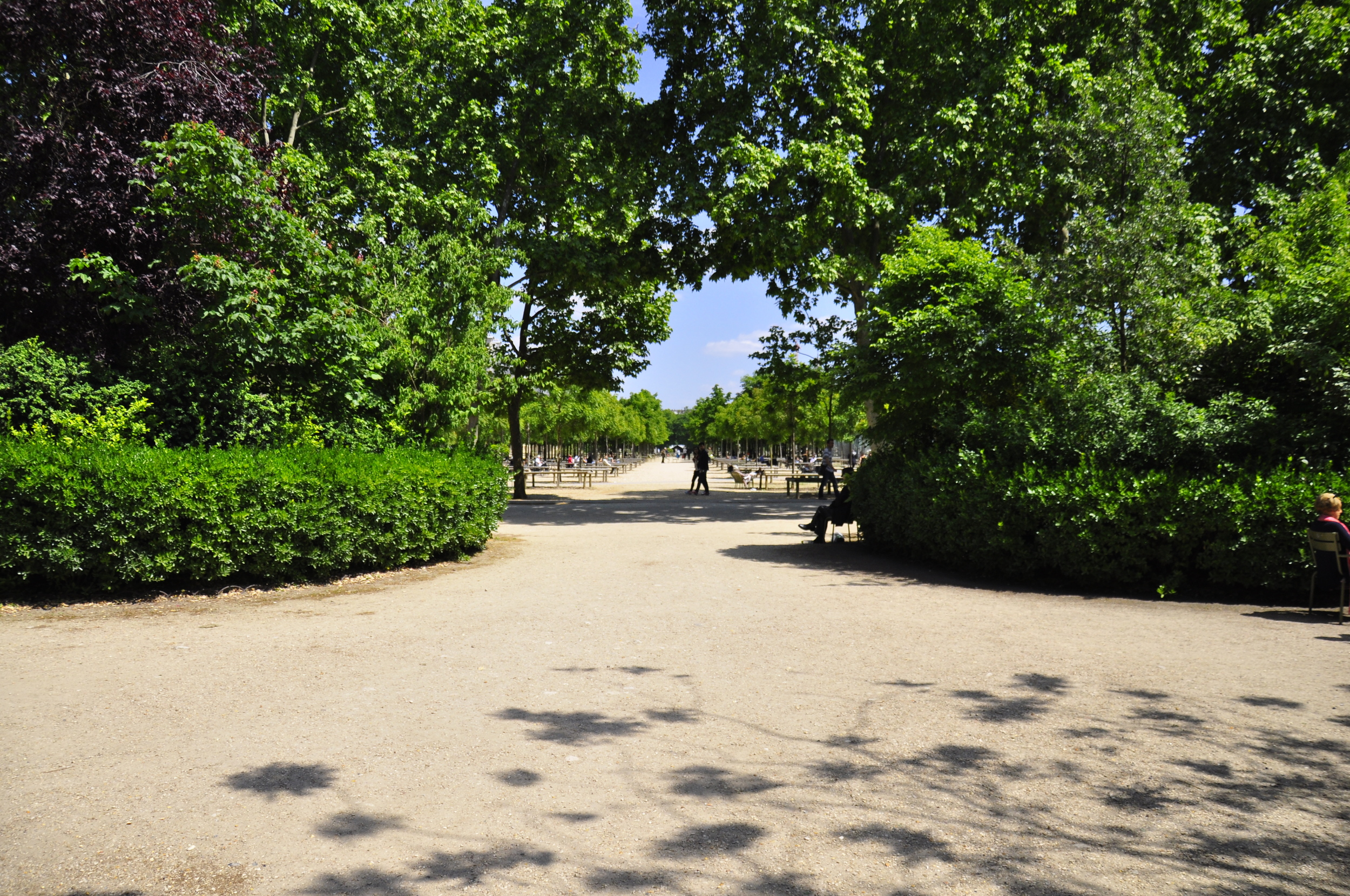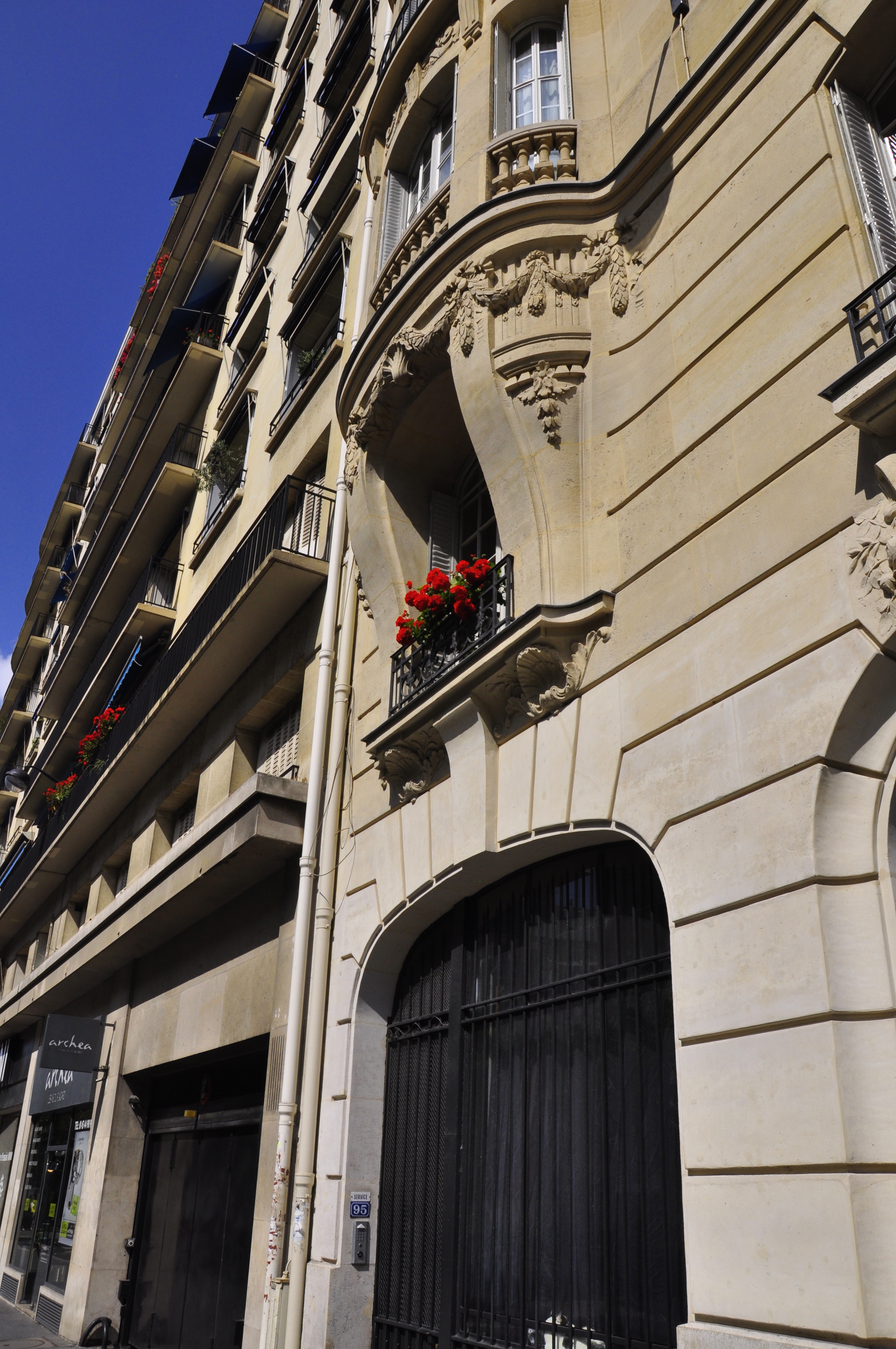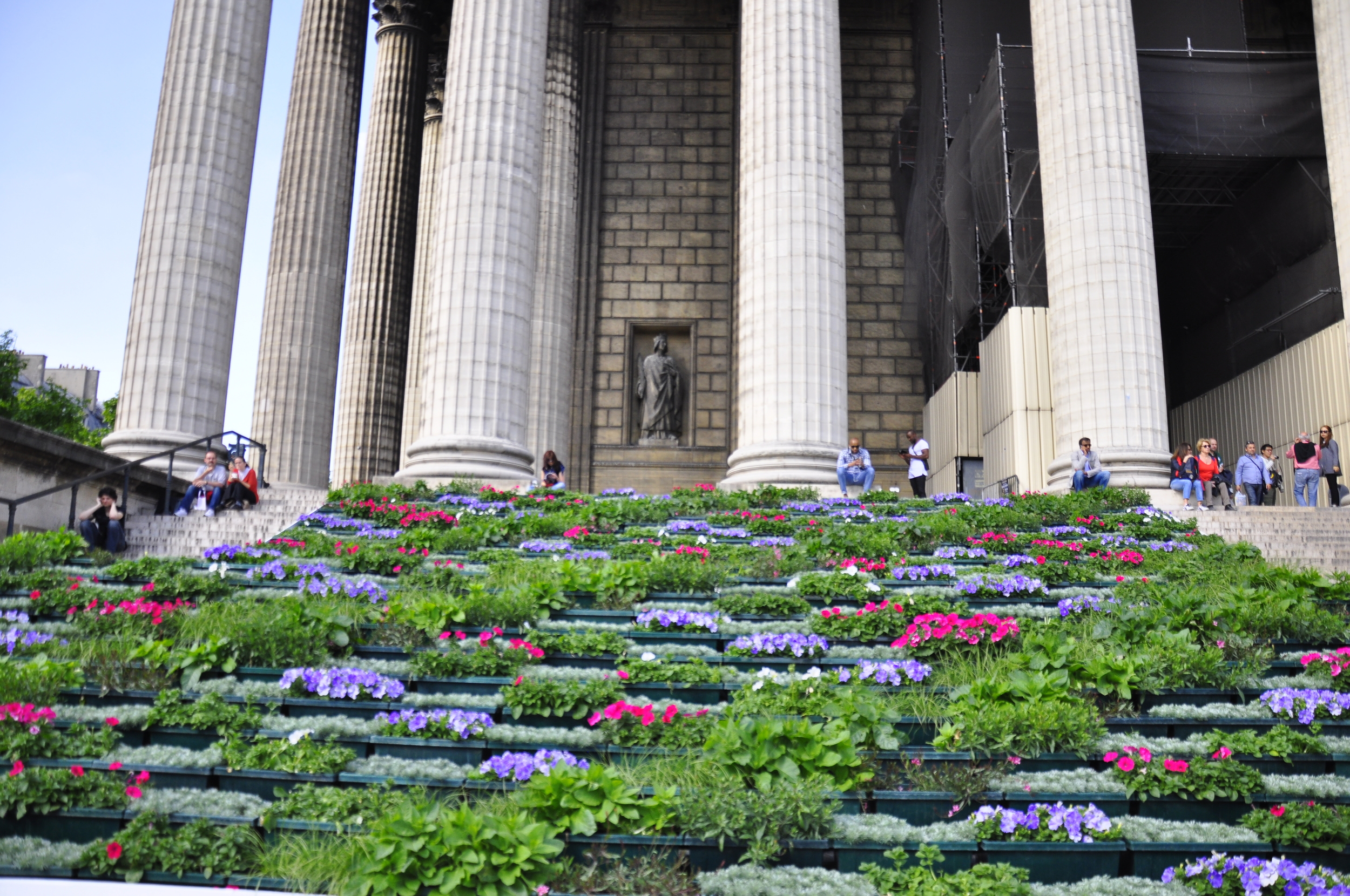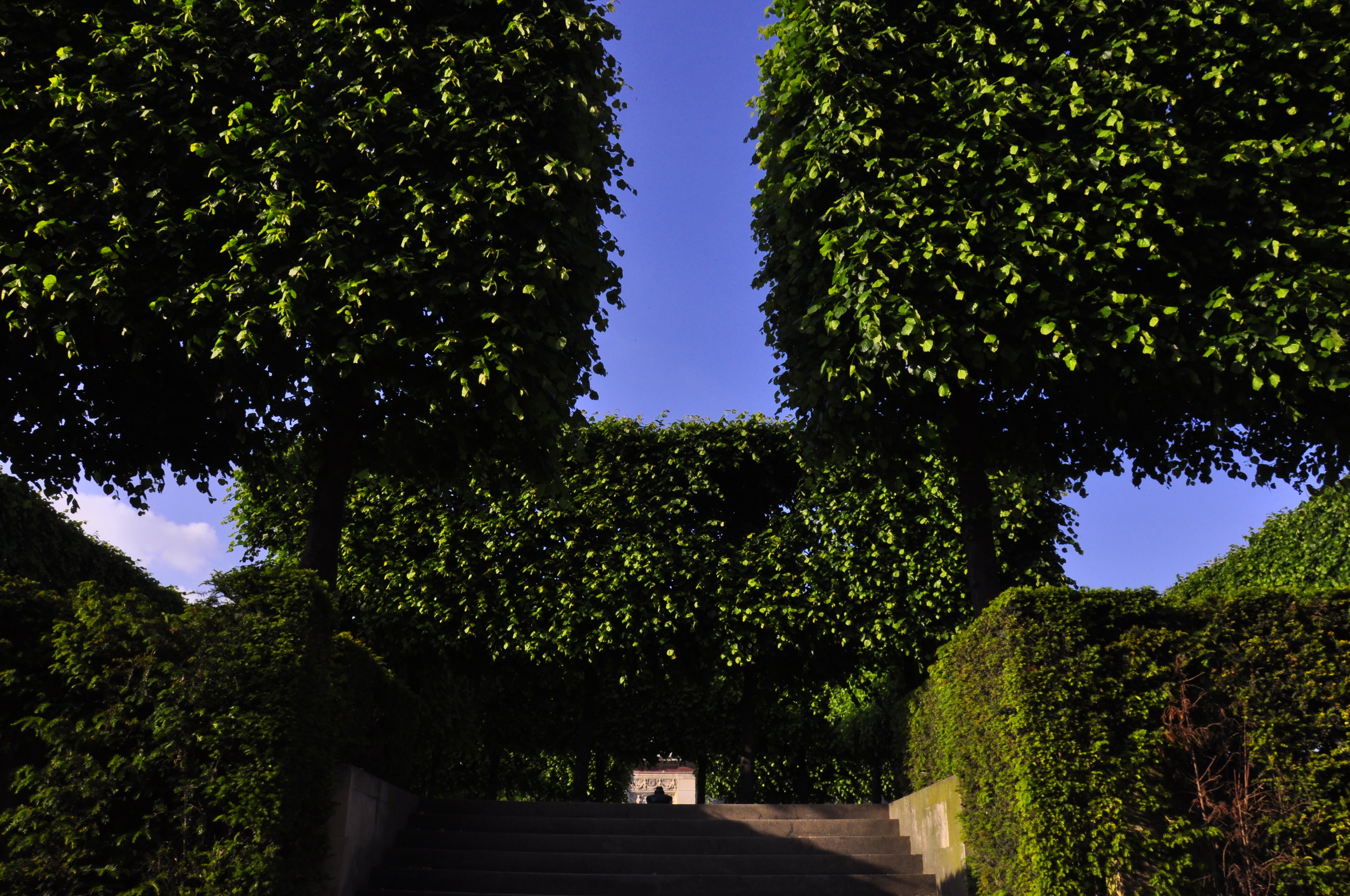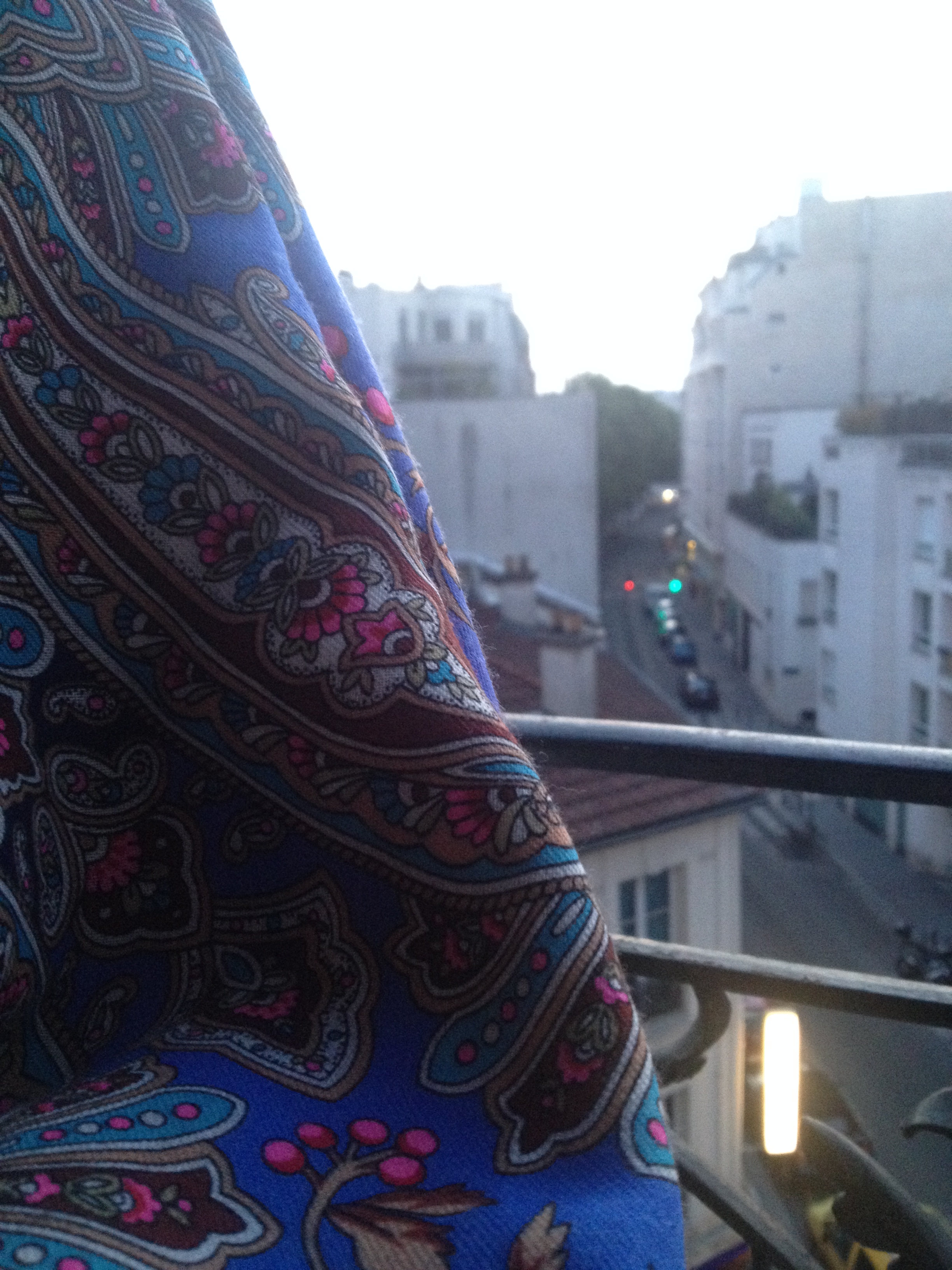“And when you speak, angels, sing from above. Everyday words seem to turn into love songs.” Louis Armstrong - La Vie En Rose
Les Jardins de Tuileries, May 2015
Everyone has a place that never ceases to surprise him or her. While I will always ¤ New York and I have lived in two other countries, there’s something about Paris that makes me appreciate the details of everything—from the colors of a bird’s feathers, to the changing shades of blue in the sky, to an exacting taste of food—I always seem to savor even the smallest of details more here. Perhaps, that is because part of the culture includes a HUGE sense of being mindful of and present for every moment. It’s a sense that brings a different kind of quality to life—one that is adaptable to future changes but also appreciative of the past. I admit, it’s not a city for everyone and even I tired of the regular urban environment problems, but it can be a very reflective environment.
One of the biggest surprises for me was that I spoke French the entire time I was in Paris, except when someone spoke to me in English first. Given my tendency towards a more reserved and shier nature, that was a huge step for me. In addition, while I am a huge fan of walking everywhere, for the most part, I walked everywhere with only a paper map and compass to guide me. Stepping away from the instant supply of information that GPS provides was a wonderful respite, as I was able to practice one of my favorite past times—getting lost and finding one’s way/new way(s) back.
As this was my seventh time here, for the most part, I avoided the usual touristy spots. However, I made exceptions when I wanted to practice my photography skills, because let’s face it, when you’re relearning how to shoot manually and in digital format, it’s easier to take photographs undisturbed when everyone else is also taking photographs.
I enjoyed seeing many new things. Perhaps, my favorite of these was hanging out (or liming for those of you who recently learned what it means) in my neighborhood park, Parc Georges Brassens[1] in the 15th arrondissement for a baguette lunch or a Saturday afternoon stroll through the book market and viewing of a puppet show. I have to admit, the last part really made me feel like Audrey Hepburn in Charade with Cary Grant. There was no Cary Grant in my version, but I loved it all the same. Another favorite spot was L’Orangerie du Jardin du Luxembourg, where I viewed an exhibit by Marie-Hélène Le Ny called Infinités Plurielles Portraits Sonores, which showcased the work of 145 leading French women in the fields of science, maths, and engineering.
As I mentioned before, my hostel, The Arty Paris Hostel, is in the 15th arrondissement, which is full of great cafes, restaurants, and brasseries. Though the ensuite bathroom was not for the claustrophobic at heart (it was about the size of a twin-sized bed), the hostel and staff were very nice and accommodating, and I shared a room with a wonderful view that I would think is a typical Parisian setting. When I didn’t eat in the neighborhood, I went to the cafes and restaurants in Bastille and places near Place d’Italie for superb Vietnamese food.
Though sad I did not make it to see Monet’s Nymphéas at L’Orangerie des Tuileries[2], the Foundation Henri Cartier Bresson, Castel Béranger and the rest of the modernist architecture I had planned to see, I now have reason to plan trip No. 8 The Architecture Tour! All the same, I had a highly enjoyable time walking and taking photos, eating delicious food and ice cream while people watching, or just reading/sketching in parks. Besides, after last semester, if there’s one thing I needed more than anything else, it was some downtime and passive days without plans.
[1] Georges Brassens was a 20th Century French poet and singer that lived in the 15th. Fitting, I think, that by definition, a park provides a place to breathe away from everyday troubles.
[2] Well, I made it there just as they were closing so I didn’t get to see the Monets. Les Nymphéas were painted for this space and are housed in two circular rooms. As one journeys through these rooms, he or she can poetically experience what it must be like in a day Monet’s garden in Giverny—from the morning light to the reflections on the water, to the setting sun he painted it all over the course of his later thirty years. In his own words, it is “a panorama without break that envelops the viewer.”









